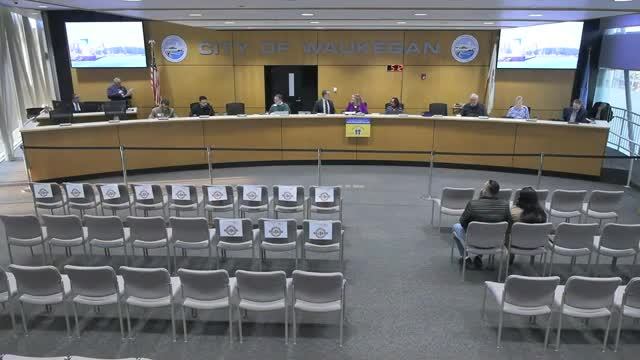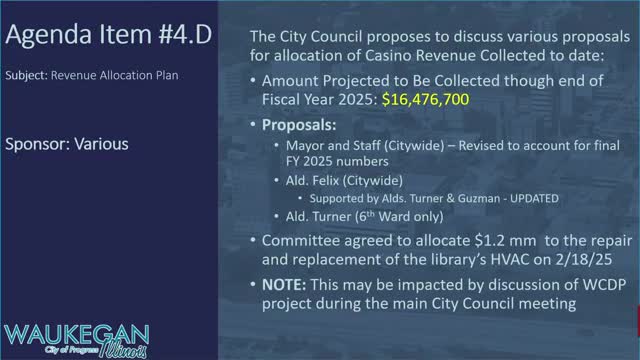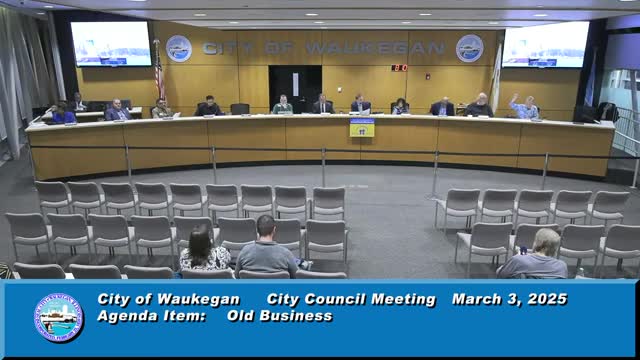Article not found
This article is no longer available. But don't worry—we've gathered other articles that discuss the same topic.

Council and committees approve permits, conditional uses and service agreements; one committee item had a negative committee recommendation

Council directs casino-tax funds to risk reserve, Washington Street engineering and small engineering services

